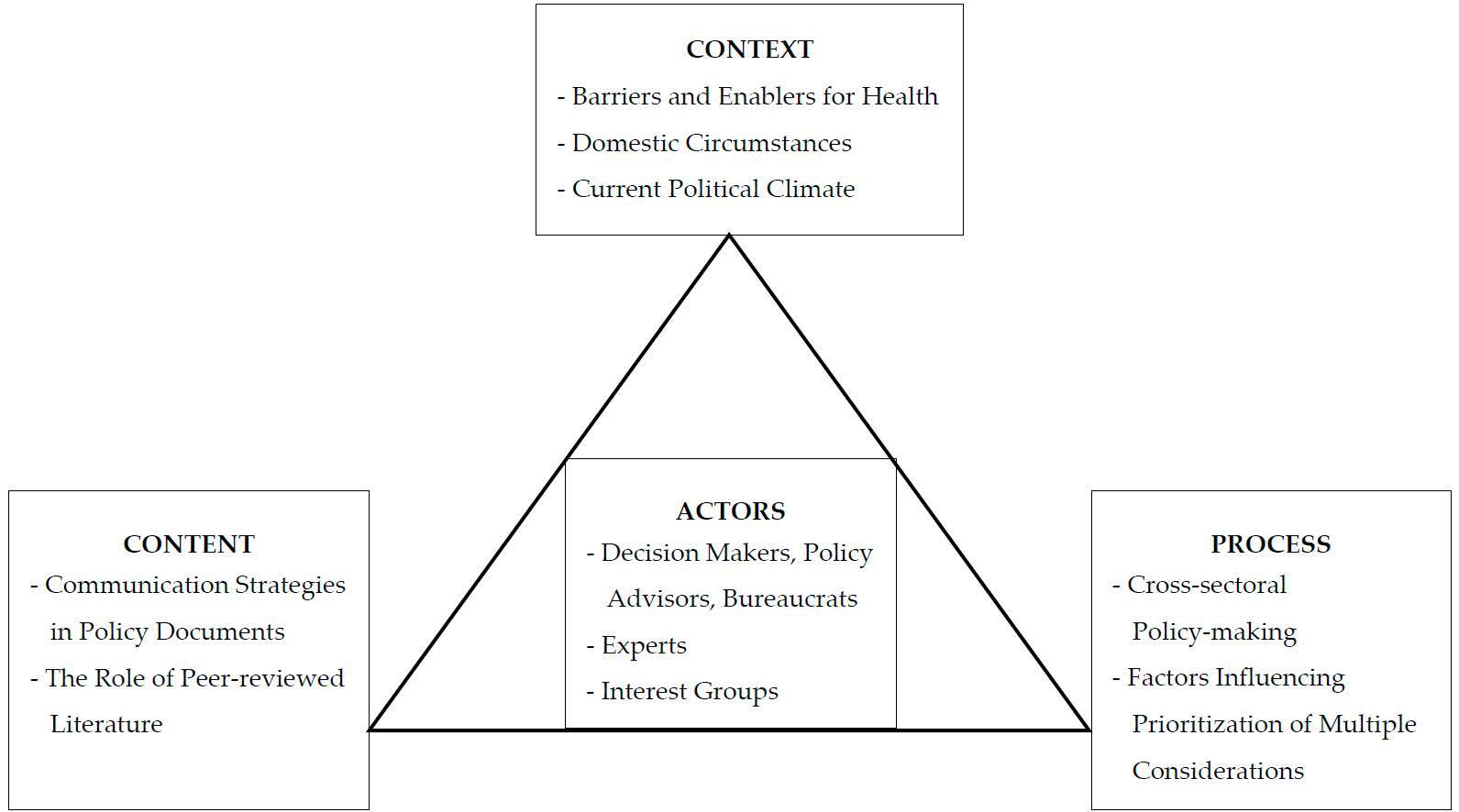The Role of Health Co-Benefits in the Development of Australian Climate Change Mitigation Policies

Authors: Annabelle Workman, Grant Blashki, David Karoly, and John Wiseman
Abstract: Reducing domestic carbon dioxide and other associated emissions can lead to short-term, localized health benefits. Quantifying and incorporating these health co-benefits into the development of national climate change mitigation policies may facilitate the adoption of stronger policies. There is, however, a dearth of research exploring the role of health co-benefits on the development of such policies. To address this knowledge gap, research was conducted in Australia involving the analysis of several data sources, including interviews carried out with Australian federal government employees directly involved in the development of mitigation policies. The resulting case study determined that, in Australia, health co-benefits play a minimal role in the development of climate change mitigation policies. Several factors influence the extent to which health co-benefits inform the development of mitigation policies. Understanding these factors may help to increase the political utility of future health co-benefits studies.
Citation: Workman, A., Blashki, G., Karoly, D., & Wiseman, J. (2016). The Role of Health Co-Benefits in the Development of Australian Climate Change Mitigation Policies. International Journal of Environmental Research and Public Health 13(9), 927.
You can download the article here.